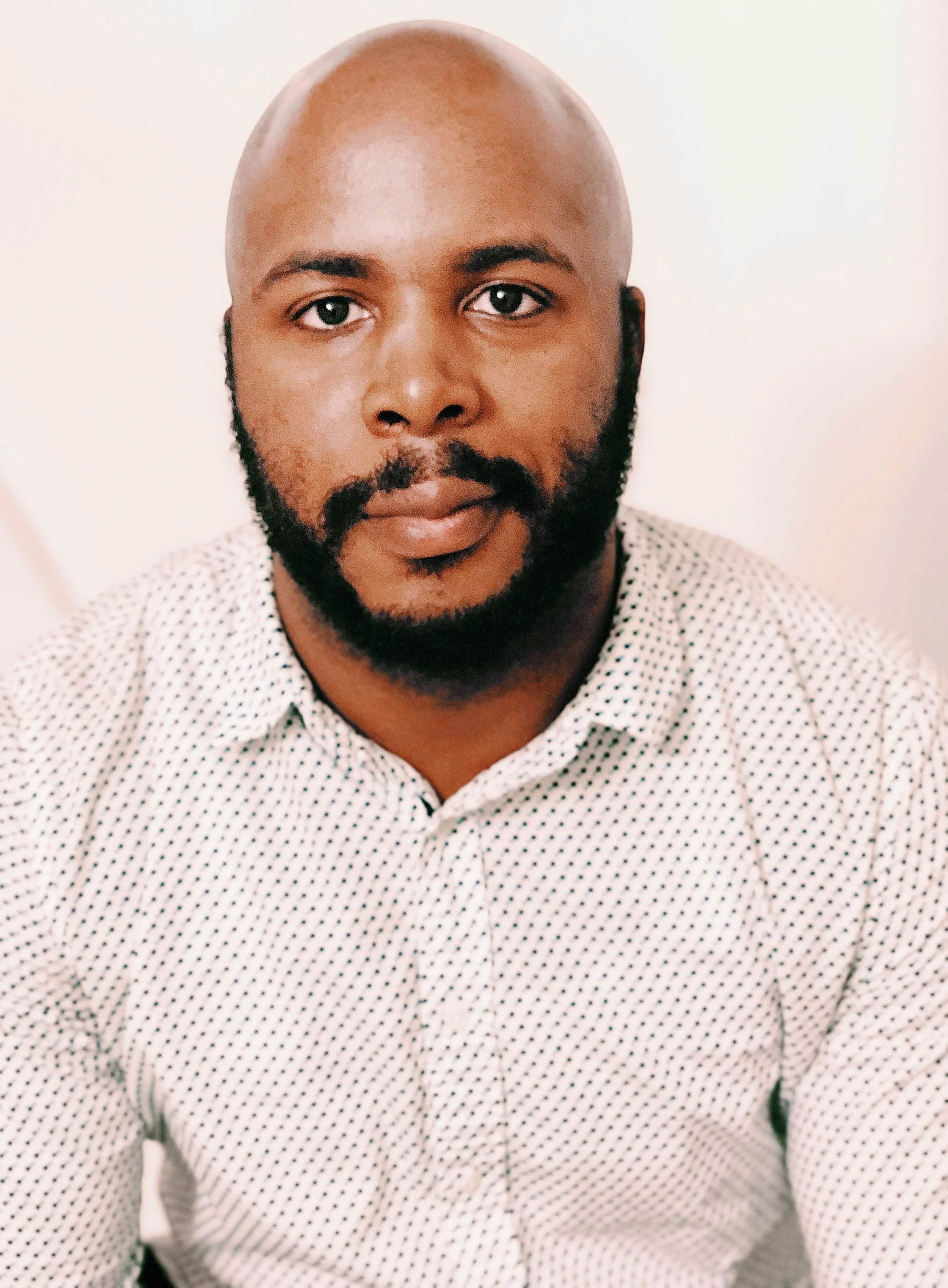Courage to Create
Empowering individuals to live more meaningful, authentic lives by providing thoughtful and compassionate psychotherapy rooted in the belief that healing and growth is possible for everyone.
Services
-

Individual Therapy
-

Couples & Family Therapy
-

Group Therapy
Why Choose Courage to Create
Focus on Meaning Rather Than Symptoms
Instead of labeling or fixing symptoms, the aim is to understand and transform your relationship to them.
Growth Through Awareness, Not Technique
Emphasis on self-awareness, choice, and authentic living. Techniques may be integrated, but always in service of deeper existential understanding.
A Philosophical Orientation
The goal is to live more consciously and meaningfully, even in the face of life’s inherent challenges.
By The Numbers
300+
Clients Served
5000+
Therapy Sessions Provided
84%
Client Success Rate
Blog
About Me
I am a Licensed Clinical Social Worker whose philosophy is that every individual has the capacity to create a life that is meaningful and satisfying, in spite of the challenges they face. As a therapist, I believe that it takes courage to examine your innermost thoughts and feelings and reflect on why you do the things you do. It’s not an easy task, but it's necessary to become the best version of yourself. My job is to help you achieve this.
I attended Louisiana State University where I earned a bachelor’s degree in Child & Family Studies and a master’s degree Social Work.
During my career I have worked in community mental health, hospitals, substance abuse programs, and forensics, and even though I primarily work in a private practice setting now, I am still passionate about macro-level issues that affect communities.
I work with individuals, couples and groups who are struggling with depression, anxiety, stress, trauma, and relationship issues.
I also help those who are going through challenging life transitions and may be wrestling with existential issues.
My practice is focused on more than just healing what hurts. Ultimately, my goal is to helping people create lives that are more satisfying, fulfilling, and meaningful. Lives that are freer and more authentic. Reach out if this is the kind of help you are looking for.
Testimonials
-
Anwar is relatable and understandable. He knew how to push the right buttons to help me make progress, and he was willing to be human and show me he actually cared. It felt like this was genuinely who he was.
— Antonio U
-
Anwar helped me to organize my thoughts and see the bigger picture of what was going on in my life. He gave me confidence in myself and helped me to see that I can do hard things, and that I am worthy of love and respect.
— Lucy S
-
Anwar helped me to navigate some of my toughest life decisions, like becoming a father, a partner, and a better person. I looked forward to therapy appointments and always felt a sense of relief when I would leave. He made it easy to commit to therapy.
— Bryan G
-
I could talk about anything worrying me and Anwar would help me see the situation more clearly. It was helpful to be able to say things that I feel I don't get to say with other people.
— Kris H
-
Anwar helped me realize how much I was removed from myself. How I was putting others before myself and needed to make myself more important to me. He helped me learn how to stand up for myself.
— Sharmaine B










